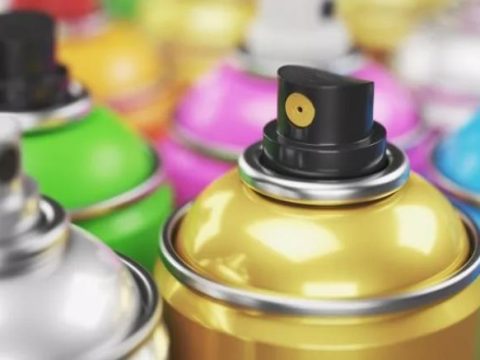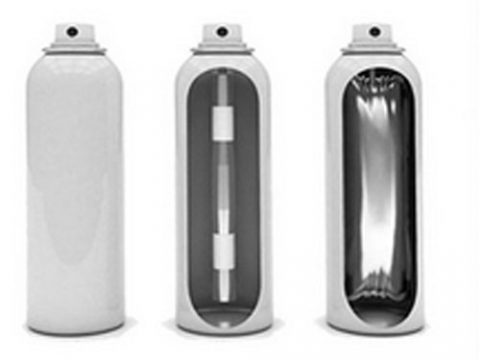3 Aerosol Insecticide Solvents You Should Know Before Starting The Business

Why Does The Aerosol Valve Leak?
August 30, 2019
Will It Explode to Keep One Aerosol Fire Extinguisher in Your Car?
September 1, 2019The aerosol insecticide is composed of a container, solvents with formulation, and propellant gas.
Among the components, solvents play a very important role because it is tightly related to the spray performance, effect, safety(including toxicity and flammability), economy, and inhabiting condition.
Choosing the appropriate solvent is the key to successful insecticide aerosol development.
Aerosol Insecticide’s Demand on Solvents

Solvents take up about 50% of the aerosol insecticide contents in the aerosol can. We should choose solvents scientifically and properly.
1) The solvents can dissolve the active ingredients well, but do not react with them to destroy or reduce efficacy.
2) They should have moderate evaporation. The droplet size is 20~50um after spraying out to keep long-time efficacy in the air.
3) They can cover, immerse, penetrate and diffuse the insecticide’s body surface to promptly enter the body to kill.
4) The solvents should be colorless, odorless, and nonirritant.
5) The solvents should be safety-reliable, in terms of toxicity, flammability, and explosion.
6) The solvents should be economic, in terms of convenient source, easy production, and handy storage and transportation.
The Types of Aerosol Insecticide Solvents

Solvents decide on the aerosol insecticide type.
There are 3 types generally.
1) Water-based type aerosol insecticide.
This type of aerosol insecticide applies deionized water as the main solvent. Deionized water can reduce cost, lessen the solvent pollution on the environment, and alleviate the irritation on human respiratory passage.
The water-based aerosol insecticide is non-flammable, which increase the safety in production, transportation and usage. In the present era of environment protection, the water-based aerosol insecticide is more advantageous in reducing the emission of VOC.
But it also has its shortcomings.
Water is lame in penetrating the insect’s body surface. The killing efficiency is not as good as the oil-based type.
The performance is not stable, and it is corrosive to the tinplate can. Besides, the water surface expanding force is big, which results in large droplets in the spray.
2) Alcohol-based type aerosol insecticide.
Alcohol is applied as the solvent. The alcohol must be fresh new, not recycled type. Methanol proportion can’t be more than 0.30%. Alcohol evaporates fast, stays in the air for a short time, and the droplet penetrates not well on the insecticide surface. Therefore, the insect-killing effect is not as good as oil base.
3) Oil-based aerosol insecticide.
This type of aerosol insecticide mainly uses Kerosene as the solvent. Oil-based insecticide aerosol is the best one in killing efficiency. But oil-based type is flammable, irritant, and pollutant.
How to Choose Which Type

As a matter of fact, all these 3 types are common in the market of the world. Every type of mosquito repellent has its own advantages and disadvantages.
Customers who want to start this business should take into consideration of materials cost, availability, market requirement, manufacturing difficulties, ect.




